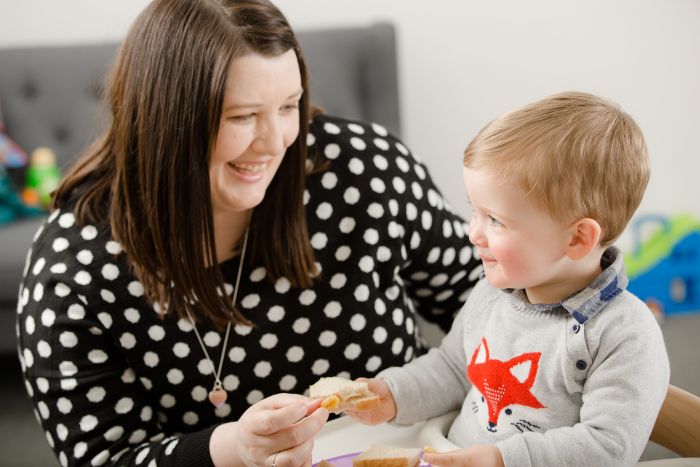There are many possible reasons for food refusal. Some of the most common reasons are outlined below:
1. Pain
Pain can be caused by reflux, vomiting, gagging, sore throat, acute illnesses, stomach pain and breathing difficulties.
2. Malaise/Discomfort
Discomfort or a feeling of being ‘unwell’ can be caused by nausea, allergies, cardiac conditions, fatigue, constipation, nervous system, stomach distension, congestion and renal conditions.
3. Developing motor, oral-motor and/or swallowing skills
Children may have difficulty co-ordinating their breathing when they’re trying to eat, they may choke on their food, or aspirate (when food enters the airway instead of the stomach). Some children may have reduced oral strength, may overstuff their mouths or have difficulty co-ordinating their tongue movement. Difficulties with balance, oral processing or a difficulty with hand to mouth co-ordination can also be a factor.
4. Sensory processing difficulties
Sensory processing difficulties can result from modulation problems with an over or under reactive responses to visual, tactile, taste, sound or smell. Sensory based movement difficulties or a lack of response to internal hunger cues.
5. Learning/Behavioural
Being in the midst of a developmental shift in cognition or a developmental shift of a developmental independence stage can also cause food refusal. Cognitive delays can also impact on the acceptance of food.
6. Nutritional
Children may be calorie deficient, have a metabolic disorder, absorption disorder, inadequate macro-nutrient ration or compositions, or inadequate micronutrients.
(Dr. Kay A. Toomey, 2010)
There are also many other factors that result in a child refusing to eat.
**It is important to remember that children do not refuse food to frustrate their parents/caregivers or to be difficult. Refusal is a behaviour that is present for a reason. Kat Bray Speech Pathology works with parents to diagnose the cause of the food refusal, and put an action plan into place on how to overcome food refusal in a positive way.**

